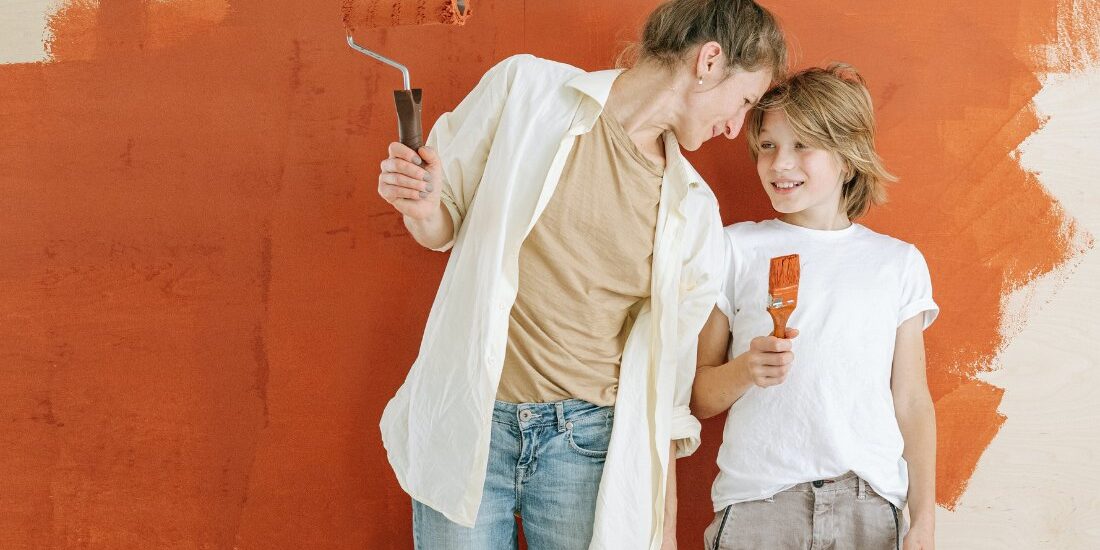- July 19, 2023
- Posted by: V M Mortgage & Finance
- Category: Latest

Australians are showering their homes with $1 billion worth of love each month as home improvement spending ramps up. We look at the cost of popular renovations – and how to foot the bill.
Belts may be tightening but not, it seems, for renovators.
The latest figures from the ABS show Australians spent a whopping $1,044 million on home renovations in May 2023 alone. That’s up 4.3% on the previous month.
Our passion for renovating may stem from binge-watching home improvement shows through the pandemic. But there could be another factor at play.
It can simply be a lot cheaper to renovate your home than to sell up and buy elsewhere.
If you’re thinking of a few home improvements, here’s what to consider.
What are the most popular renovations?
The 2022 Houzz & Home Report reveals which rooms Australians have targeted for home improvements.
The kitchen comes up trumps, accounting for almost one in four (23%) renovations.
Other top contenders were living room, bathroom and bedroom makeovers (each 20%).
How much will a renovation cost?
A key step in planning a renovation is crunching the numbers to know the likely cost. This is a must-do before you start collecting colour charts and carpet samples.
Smaller renovations can be affordable do-it-yourself projects. For any structural or specialist work it pays to call in the tradies – and that’s when the cost can start to escalate.
The latest Archicentre Cost Guide sets out typical costs for popular home improvements.
As a guide, you can expect to pay:
– $75-$120 per square metre to polish timber floorboards;
– up to $35 per square metre for interior painting;
– up to $4,600 for an extension; and
– up to $48,000 for a new kitchen (excluding appliances).
While home improvements may not come cheap, quality renovations can boost your lifestyle and your home’s value.
They can also be a money-saver – ‘green’ improvements such as installing rooftop solar panels can put money back in your hip pocket through lower utility bills.
How to pay for renovations
Working out how you’ll pay for a renovation is an essential part of the planning process.
You need to be sure you can comfortably afford the improvements, and avoid the not-so-exciting prospect of running out of funds mid-way through a project.
Using cash savings or a personal loan may be suitable for smaller projects – the shorter term of a personal loan (usually less than five years) can help keep a lid on the interest cost.
For more expensive projects, a home loan top-up can be a quick and easy solution, though it can hinge on you having sufficient home equity to qualify for additional funds.
At the top end of the scale, a dedicated renovation or construction loan is another option.
These can work by drip-feeding funds as different stages of the project are ticked off. You generally only pay interest on funds drawn down, making the cost more manageable.
Get started on your renovation
If a renovation is on your bucket list, call us to discover the options available to fund your project – and the costs involved.
Disclaimer: The content of this article is general in nature and is presented for informative purposes. It is not intended to constitute tax or financial advice, whether general or personal nor is it intended to imply any recommendation or opinion about a financial product. It does not take into consideration your personal situation and may not be relevant to circumstances. Before taking any action, consider your own particular circumstances and seek professional advice. This content is protected by copyright laws and various other intellectual property laws. It is not to be modified, reproduced or republished without prior written consent.
